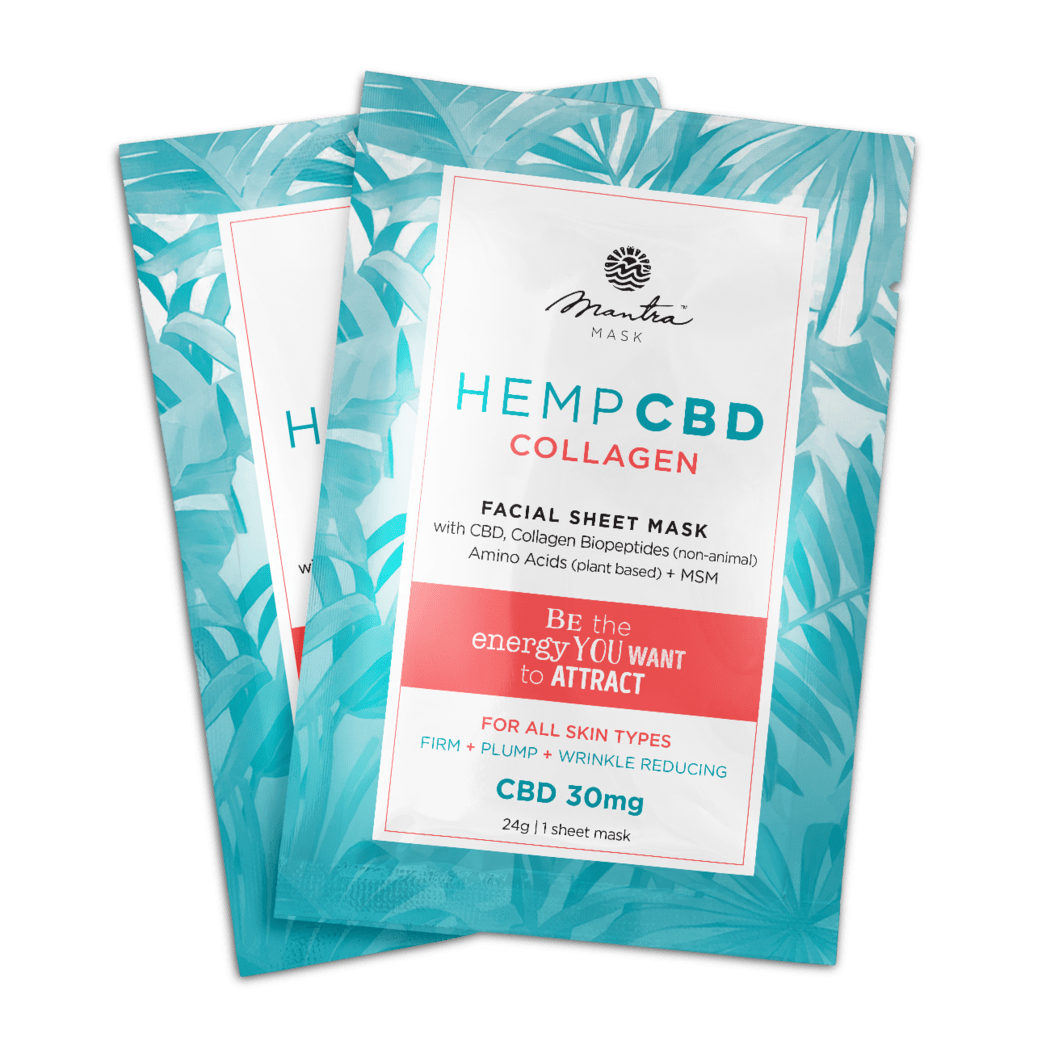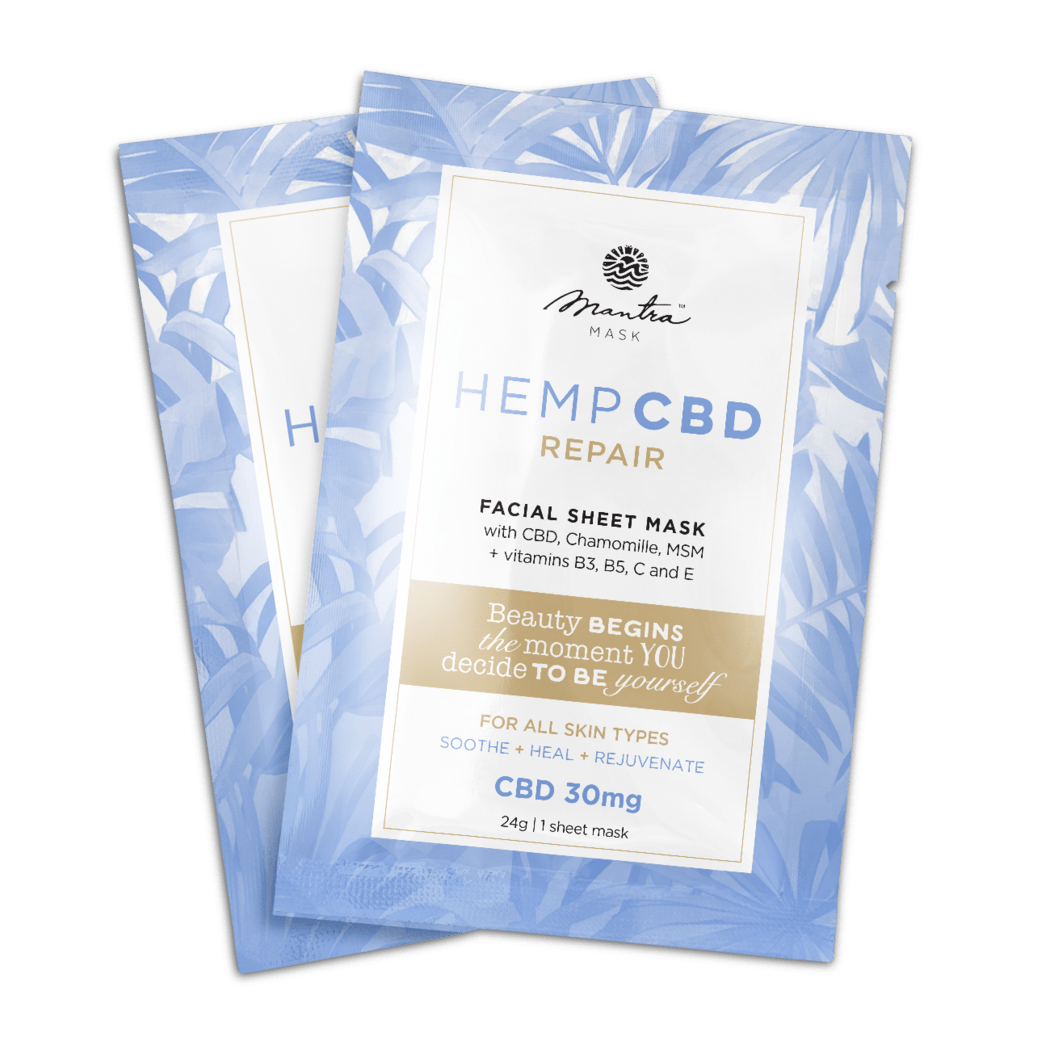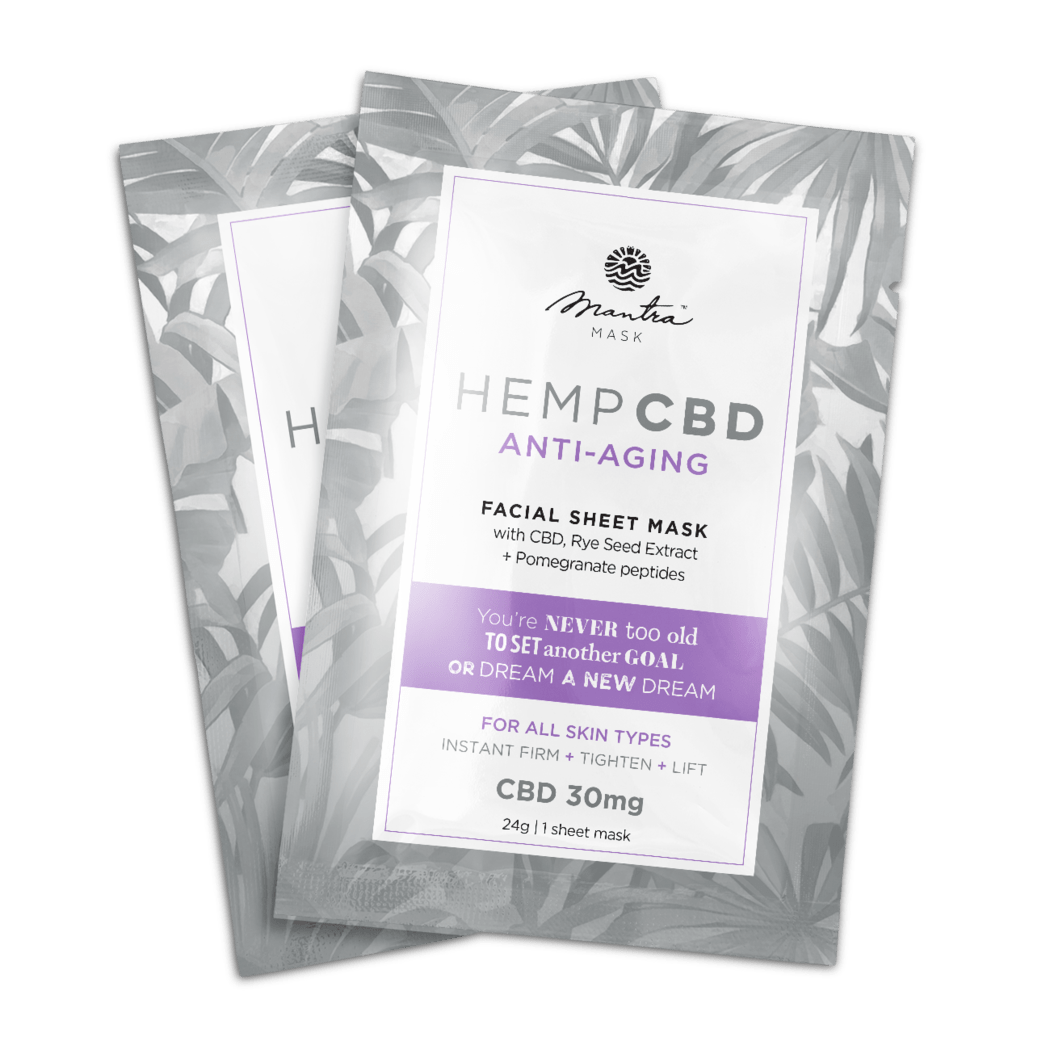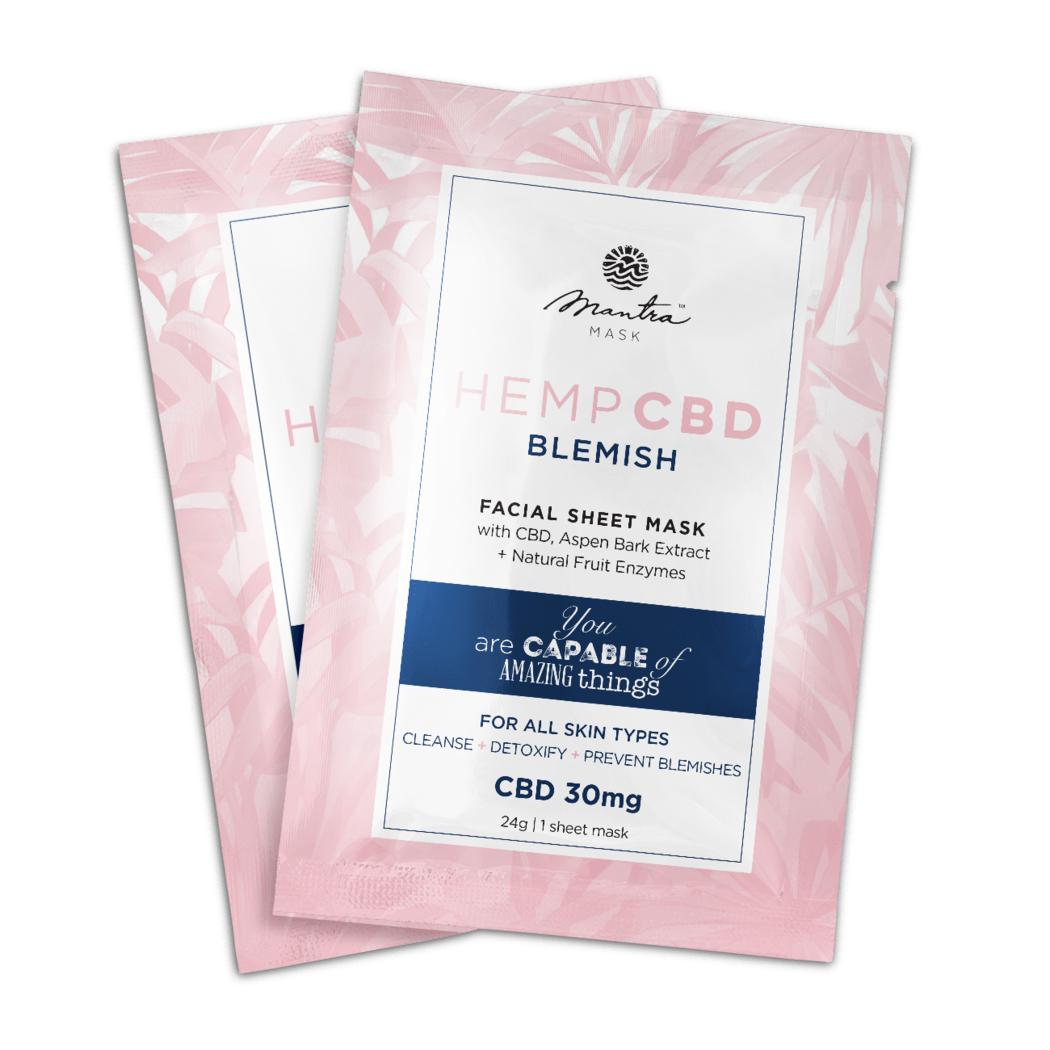CBD (cannabidiol) and THC (tetrahydrocannabinol) are two of the most common cannabinoids found in marijuana and hemp plants. While both have therapeutic effects, they differ in many ways.
First, THC is the psychoactive compound that gives the “high” feeling often associated with marijuana use. In contrast, CBD does not have any psychoactive properties, so it does not produce the same euphoric effect.
Second, THC binds directly to the CB1 receptors in the brain, while CBD has a low affinity for CB1 and CB2 receptors. It acts mainly by inhibiting the enzymes that break down endocannabinoids, which allows them to have a longer-lasting effect.
Third, THC is associated with certain side effects such as short-term memory impairment, anxiety, and paranoia, while CBD has been shown to reduce anxiety and paranoia in some cases.
Fourth, while THC may have the potential to be addictive, CBD has not been shown to have any addictive properties.
Finally, THC is legal in some states for medicinal and recreational use, while CBD is legal nationwide and is commonly used for medicinal purposes.
Both CBD and THC have unique therapeutic properties that make them useful for a variety of medical conditions. However, it is important to understand their differences and how they work in order to choose the right one for your needs.





